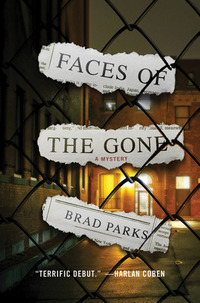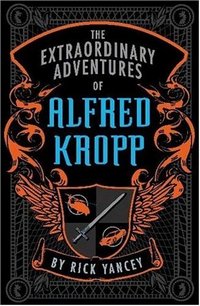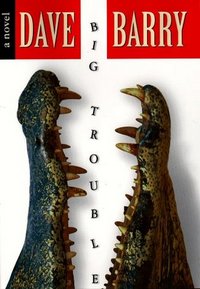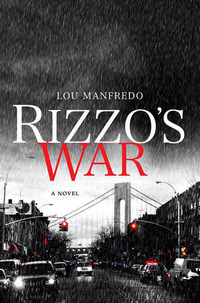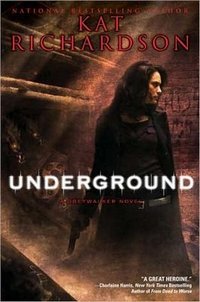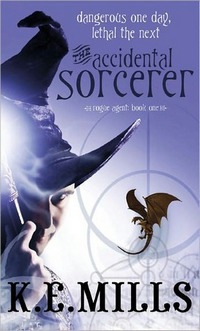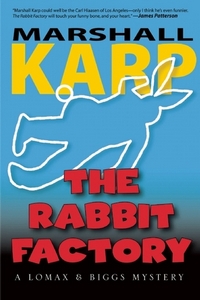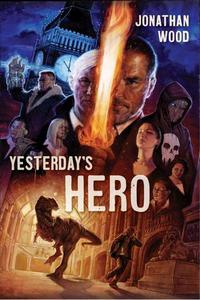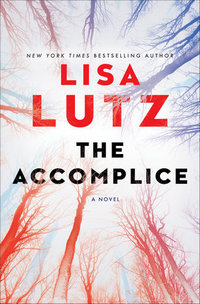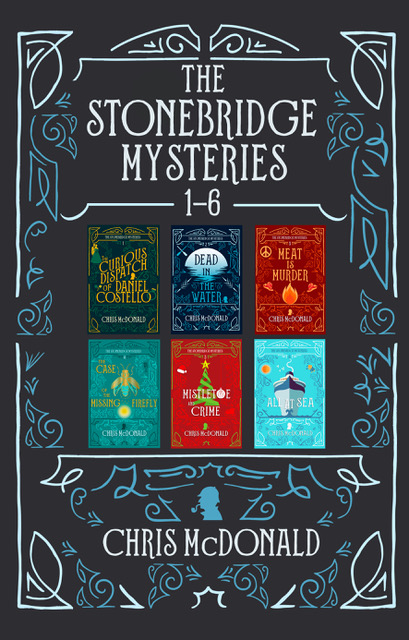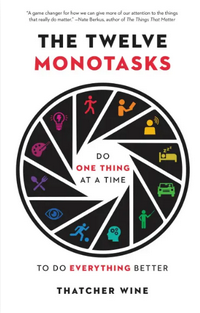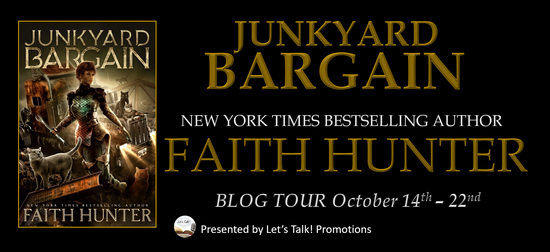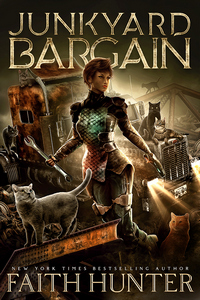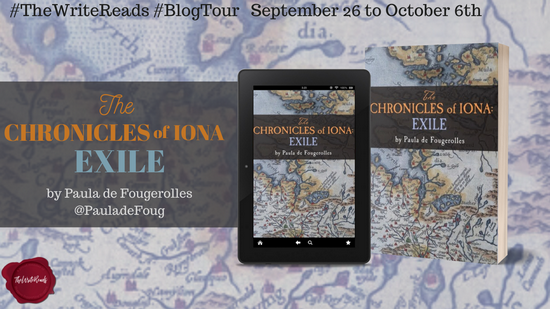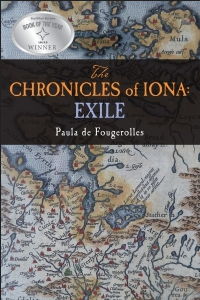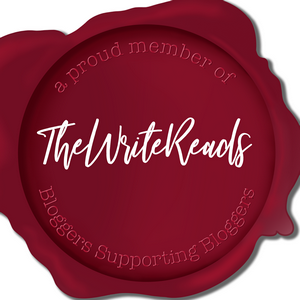I kept the focus this month on books I haven’t read in a decade or more. I sort of stumbled onto that idea mid-way through the January post and at this point I’m glad I did that–it’s fun strolling down Memory Lane with them. More than the previous two months, this month’s list made me want to hit “pause” on everything else I’m doing to re-read these.
 |
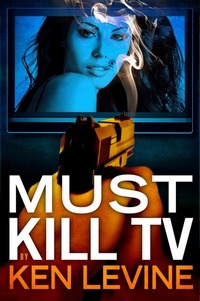
Must Kill TVKen Levine’s one of those writers that I enjoyed for years without realizing–you too, probably (check out his imdb pabe)–and his blog is one of the more consistently entertaining. So back in 2013 when his novel came out, I jumped on it. The story of a TV exec doing whatever it takes to keep his network’s biggest star happy (or at least keep him showing up to work) is a fun Hollywood-satire/crime story, and it makes you wish he’d write a few more. |
 |
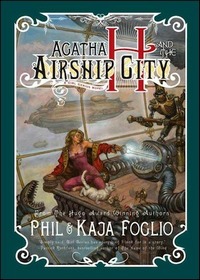
Agatha H. and the Airship CityPhil Foglio & Kaja Foglio’s novelization of the first arc of their webcomic is just a blast. I remember some random weekend years ago, when someone tipped me off to the Girl Genius comics and I spent hours pouring through them–and didn’t even come close to catching up. I couldn’t do another dive like that again, and never quite caught up. A couple of months later, this novel came out and it was even better than the comics (although, I’m glad I read them, so I could visualize some of the gizmos). This steampunk/gaslamp/whatever=genre-you-want-to-tag-it-with adventure is just fun. There’s action, romance, comedy, and a whole bunch of strong and smart female characters–and told with a flair that makes it a delight to read. |
 |
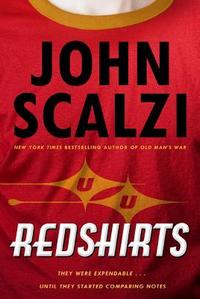
RedshirtsJohn Scalzi’s novel starts out as a pretty obvious Star Trek parody, and then shifts into a comic-SF story and the shifts into a nice meta-fiction. I remember being perfectly satisfied with the novel as it was before reading the codas that followed it, I remeber them elevating the book into something even more effective and affecting. |
 |
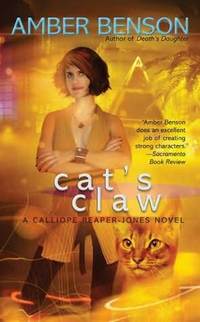
Cat’s ClawThis is the second in Amber Benson’s series about Death’s Daugher, Calliope Reaper-Jones. A perfectly “normal” twenty-something struggling to make her way in the world, who has to take over her father’s job when he goes missing. This book finds her dealing with ancienet Egyptian forces, Purgatory and Vegas. You know, typical Urban Fantasy fare. The book is a nice combination of fantasy action and coming-of-age story, told with a decent dosage of snark. I was suprised to find that I’d rated this 2 Stars back when I read it–I’ve often suspected that I used to be stingier with my stars than I am now. I rated three of the five books in the series with two stars, the other two got three from me–and I still read all five! There’s no way I do that today. But if i hadn’t looked up what I rated this on Goodreads, I’d have told you 3+ for the whole series. |
 |
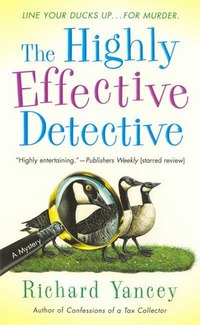
The Highly Effective DetectiveI talked about Rick Yancey’s YA series last month, so I pretty much had to talk about this one now. My son and I discovered Yancey at about the same time, and this was my introduction to him. Teddy Ruzak is a night watchman who comes into a little money when his mother dies and puts it all into starting a P.I. business. It’s not necessarily the best move for him, I’m not sure he’s right for it (Teddy might agree, almost everyone else in the book does). There’s a quiet humor to these books, as well as some nice PI action, and a sweetness throughout that the genre doesn’t frequently display. |
![]()



